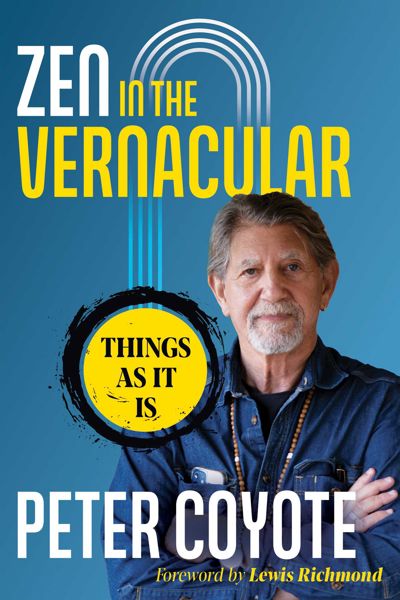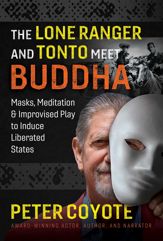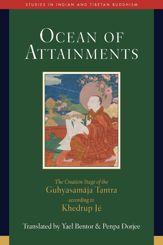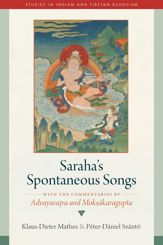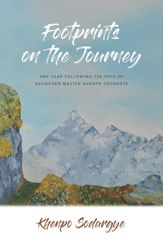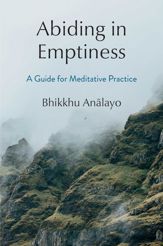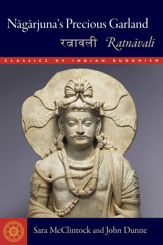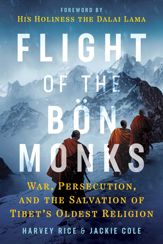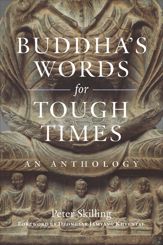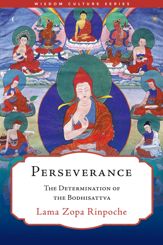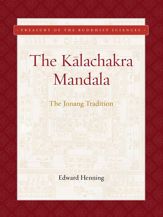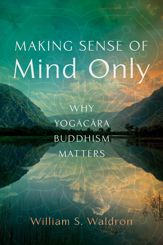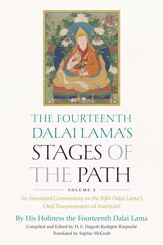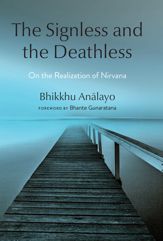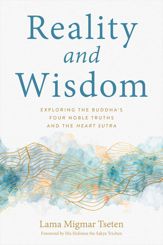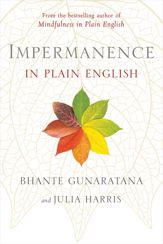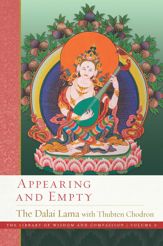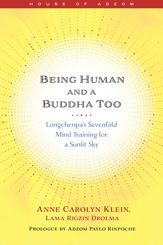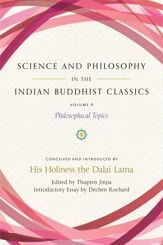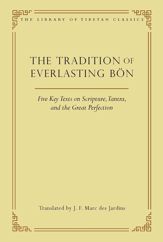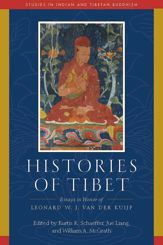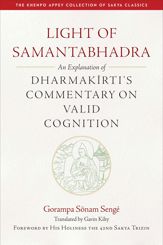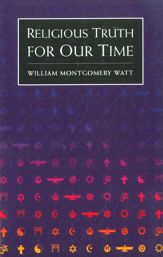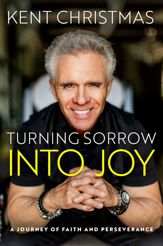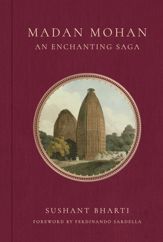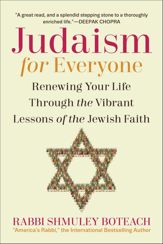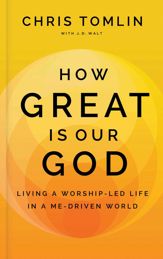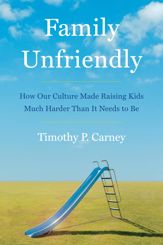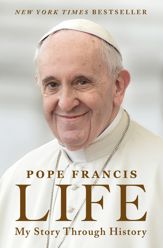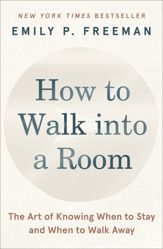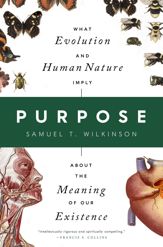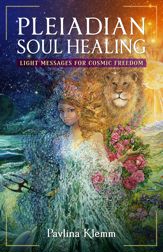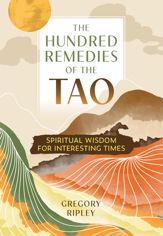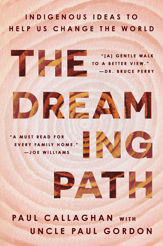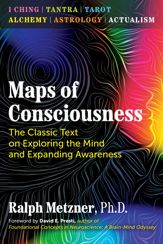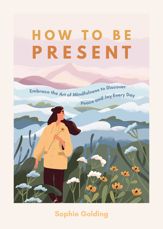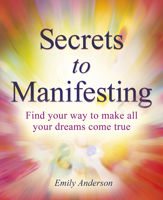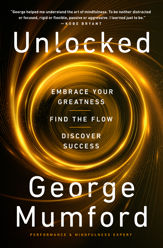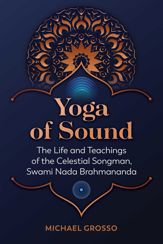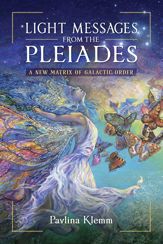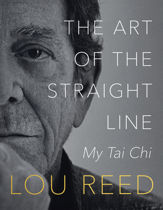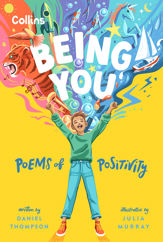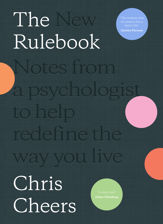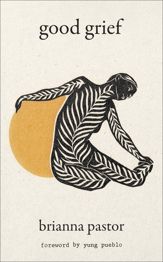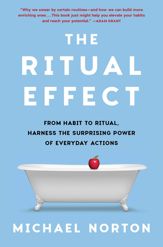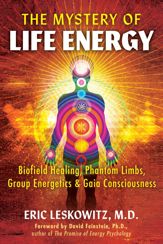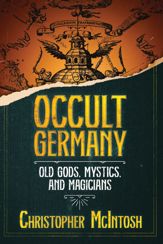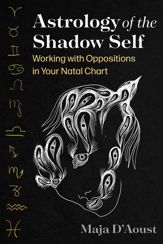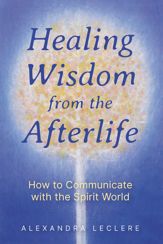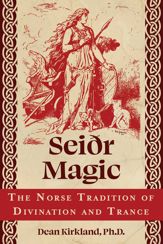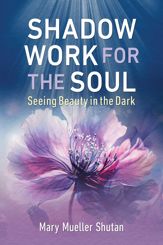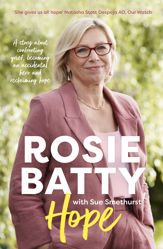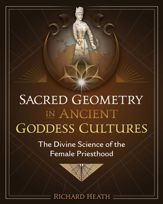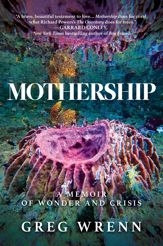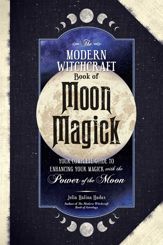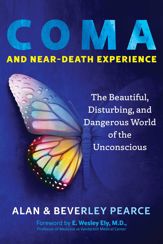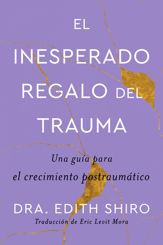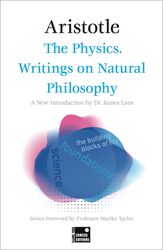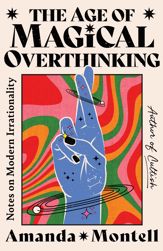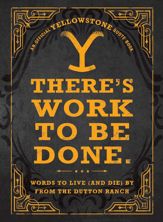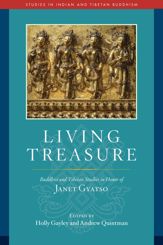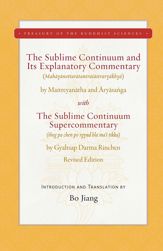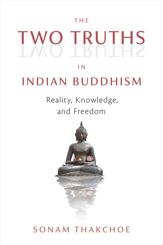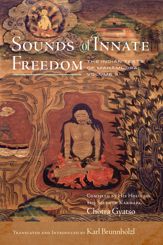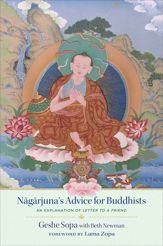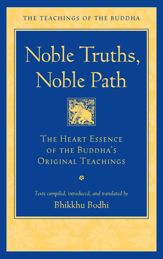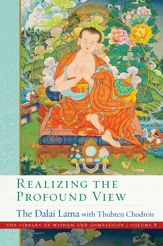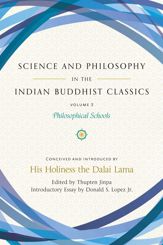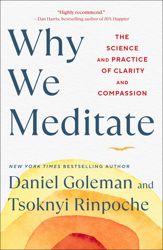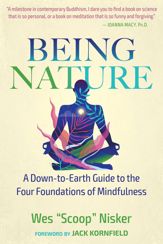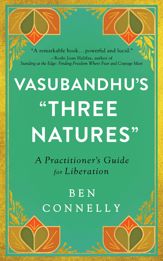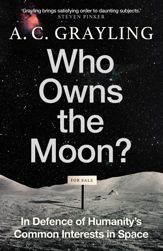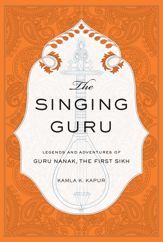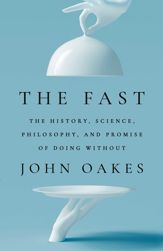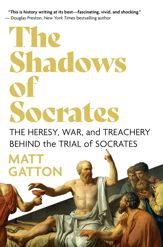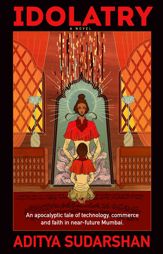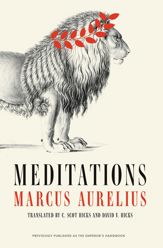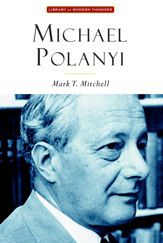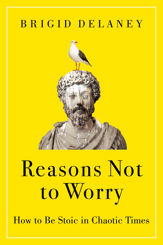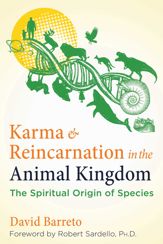“This stimulating book is a truly American take on life, politics and social issues through the lens of a contemporary interpretation of Zen Buddhism. If that is your interest, this book is for you. Don't miss it.”
Description
• Shows how Zen offers a creative problem-solving mechanism and moral guide ideal for the stresses and problems of daily life
• Shares the author’s secular, vernacular interpretations of the Four Noble Truths, the Three Treasures, the Eightfold Path, and other fundamental Buddhist ideas
During the nearly 3,000 years since the Buddha lived, his teachings have spread widely around the globe. In each culture where Buddhism was introduced, the Buddha’s teachings have been pruned and modified to harmonize with local customs, laws, and cultures. We can refer to these modifications as “gift wrapping,” translating the gifts of Buddha’s teachings in ways sensible to particular cultures in particular times. This gift-wrapping explains why Indian, Tibetan, Vietnamese, Japanese, Chinese, and Indonesian Buddhism have significant differences.
In this engaging guide to Zen Buddhism, award-winning actor, narrator, and Zen Buddhist priest Peter Coyote helps us peer beneath the Japanese gift-wrapping of Zen teachings to reveal the fundamental teachings of the Buddha and show how they can be applied to contemporary daily life. The author explains that the majority of Western Buddhists are secular and many don’t meditate, wear robes, shave their heads, or believe in reincarnation. He reminds us that the mental/physical states achieved by Buddhist practice are universal human states, ones we may already be familiar with but perhaps never considered as possessing spiritual dimensions.
Exploring Buddha’s core teachings, the author shares his own secular and accessible interpretations of the Four Noble Truths, the Three Treasures, and the Eightfold Path within the context of his lineage and the teachings of his teacher and the teachers before him. He looks at Buddha’s teachings on our singular reality that appears as a multiplicity of things and on the “self” that perceives reality, translating powerful spiritual experience into the vernacular of modern life.
Revealing the practical usefulness of Buddhist philosophy and practice, Zen in the Vernacular shows how Zen offers a creative problem-solving mechanism and moral guide ideal for the stresses and problems of everyday life.
Reviews
“An actor, narrator, and long-term seeker, Peter Coyote elucidates the essentials of Zen in his naked voice. His wide-ranging insights on social action with wholesome values and intention, woven into his biographical anecdotes, is captivating.”
“Zen in the Vernacular wonderfully points out and elucidates how Buddhism is always awakening in new language, language which can speak directly to us and from our own lips, as we discover how our narrative weaves its way through the countless narratives of our world: intimately connected, yet often at odds. How will we navigate our way? How can ‘things as it is’ inform and clarify our narrative along with the world’s? Let’s listen to what Coyote has to say.”
“In Zen in the Vernacular, Peter Coyote brings us along on his Zen path and with concise language shares his unique understanding of Buddhism, birth and death, mind and body, and daily life. In engaging with things as it is, he delves into the social and political issues that he’s passionately concerned with. In these chapters, based on a series of talks he gave during the pandemic, Coyote speaks with remarkable intelligence and compassion about how to awaken to truth far greater than our small mind while not turning away from the suffering and turmoil that surrounds us. All the while his fire is fueled and peace of mind maintained through Zen practice and meditation and an unwavering commitment to all beings.”
